Lifestyle
The Heart And Humor Of Growing Up Rural In America

Life in rural America brings its own habits and unspoken rules that stay with you no matter where you go. It’s more than wide-open spaces—it’s a way of growing up that leaves a lasting impression. If any of this feels second nature, you’ve lived it.
The Nearest Store Wasn’t Just Down The Road
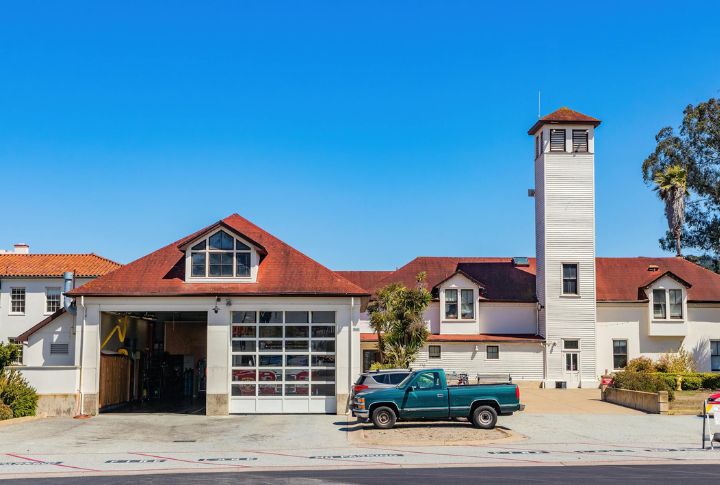
Quick errands were never quick; depending on where you lived, the closest grocery store or gas station could be 20 minutes away—or more. You learned to stock up and never take a working vehicle for granted when it was time for a supply run.
Everyone Knew Your Business
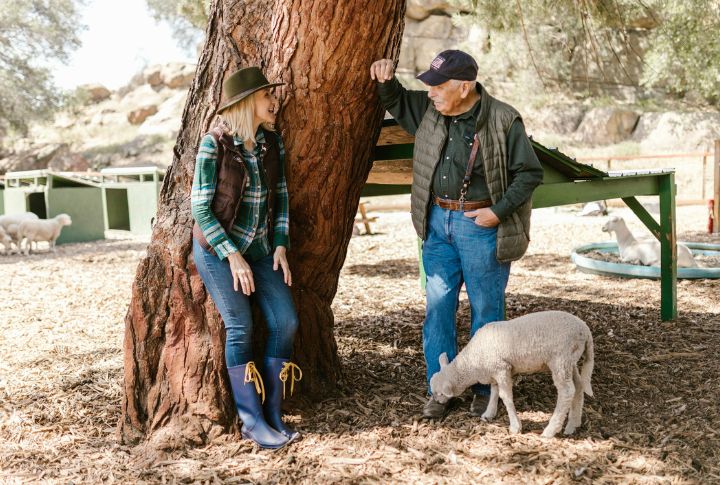
In small towns, privacy was more of a suggestion than a reality. Word traveled fast, sometimes faster than you had time to explain it. A new haircut or a speeding ticket didn’t stay secret for long; your teacher and grandma often knew before you got home.
Only A Blizzard Could Cancel School
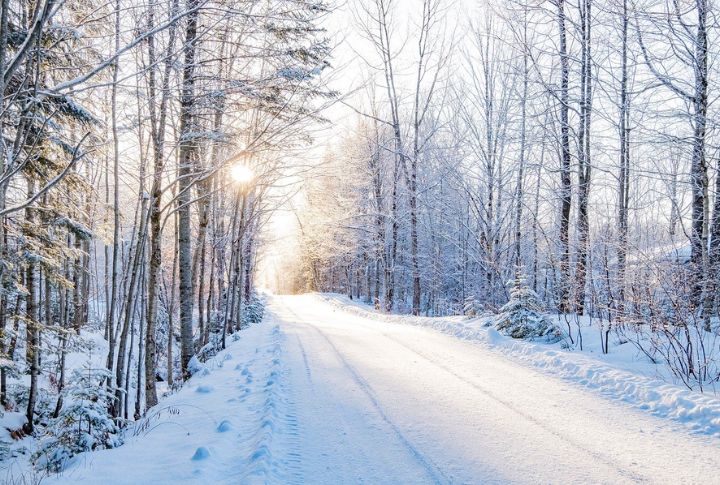
City schools might close for an inch of snow, but you needed real accumulation to call it a day out in the country. You were expected to bundle up and head out for school like any other day—so long as the bus made it down the back roads.
Tractor Traffic Was A Real Thing
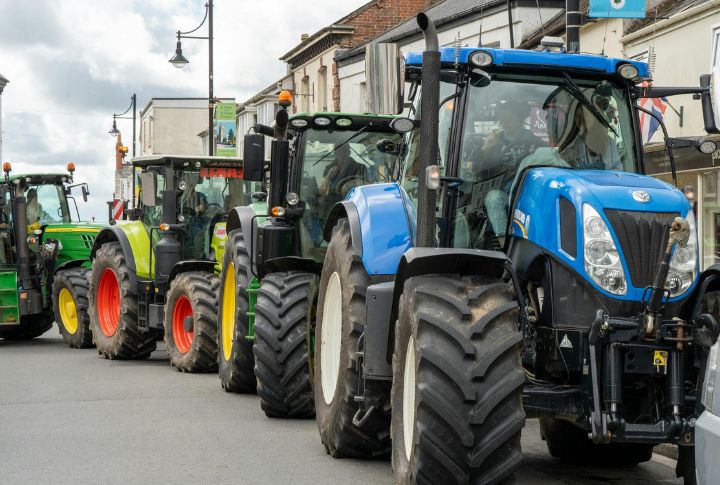
You haven’t truly been late to class until you’re stuck behind a slow-moving tractor with no shoulder to pass. Patience was essential, especially during planting and harvest season. You waited it out, gave a quick wave as you passed, and then kept driving like nothing happened.
Church Was More Than Sunday Service
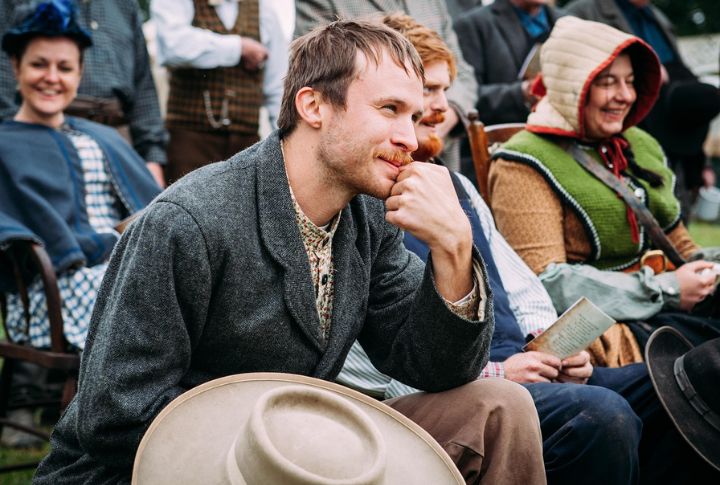
Churches in rural areas weren’t just places of worship. They were community centers, potluck halls, event spaces, and sometimes storm shelters. You might’ve gone for the service, but you stayed for the casseroles, craft fairs, and town updates from folks who’d lived there for decades.
You Gave Directions Using Landmarks
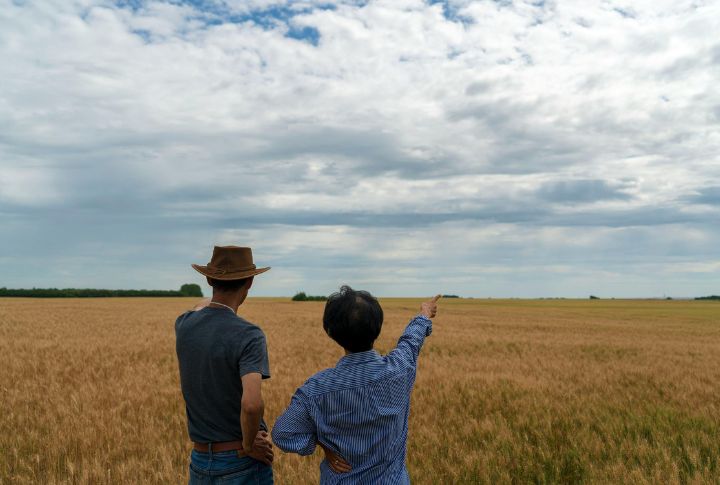
Rural directions rarely involved street names. Instead, you were told to turn at “the old Johnson barn” or “where the gas station used to be.” If someone mowed a new path through their field, that might become the fastest route. GPS didn’t always help, but locals sure did.
Summer Meant Fieldwork, Not Vacations
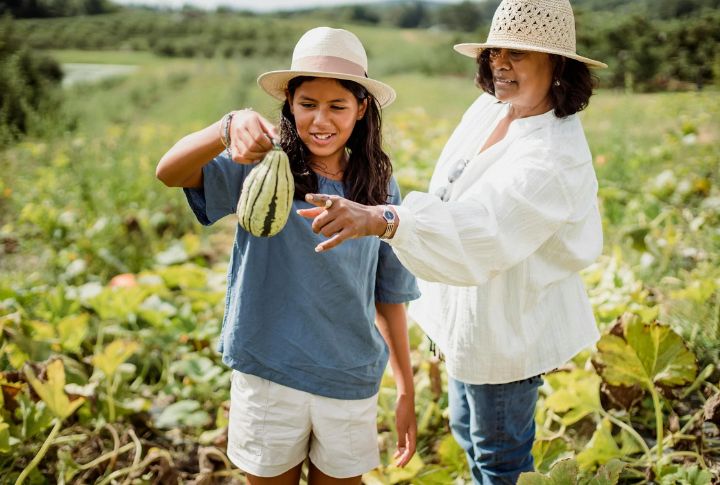
Instead of jetting off to resorts, rural kids often spent summer helping on the farm or with family projects. Whether baling hay, picking tomatoes, or running errands for relatives, you learned early that “break time” still meant getting things done—just without school in the way.
High School Football Was The Main Event
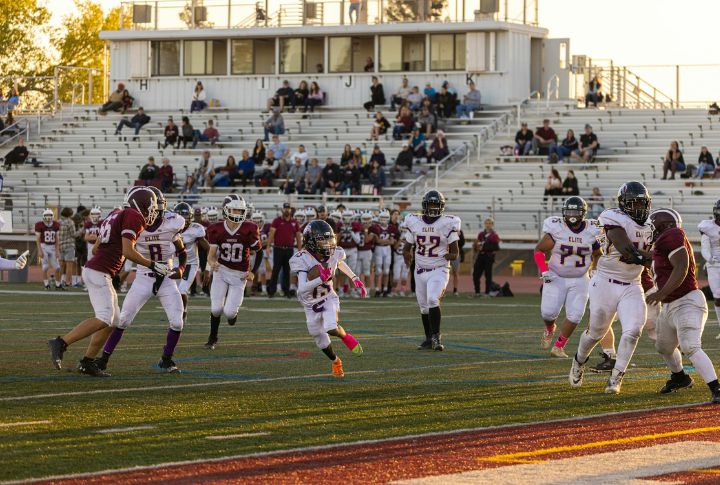
By Friday night, the stadium was filled with people—some without any connection to the players. The game alone didn’t explain why the stands were packed by the end of the week. It was a community gathering and town tradition wrapped into one loud, popcorn-scented experience under the lights.
Wildlife Was Just Part Of Life
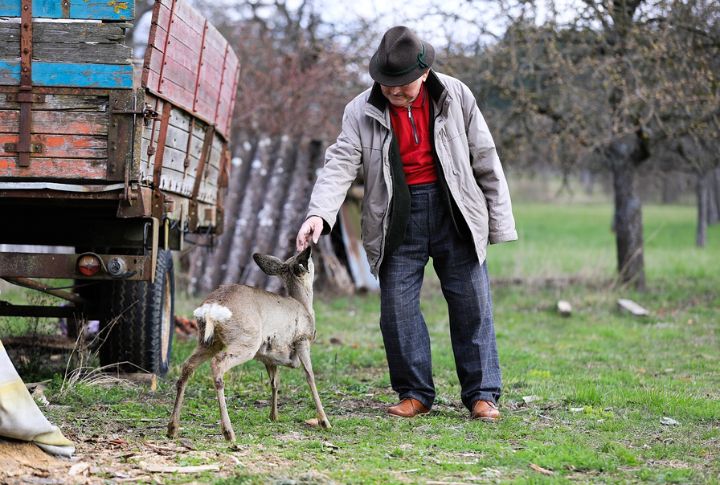
Seeing deer in the yard, raccoons on the porch, or a possum by the garbage wasn’t shocking. It was routine. You got used to sealing up food and spotting the signs, which meant stepping back was the smarter move around a skunk.
Mailboxes Were At The End Of The Driveway
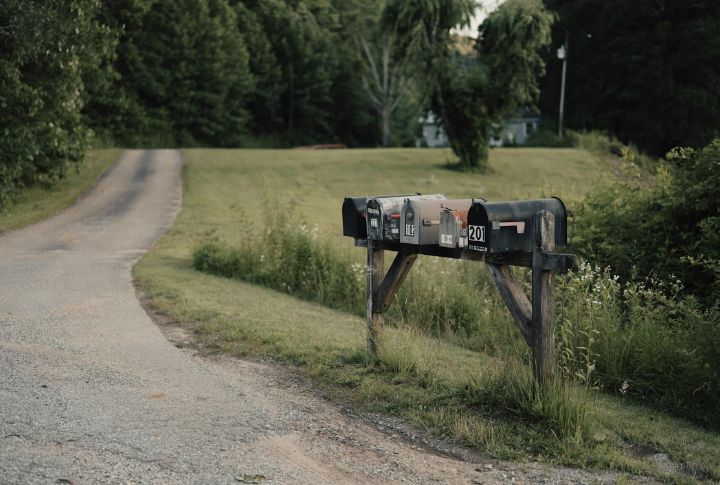
No one delivered mail to your door. It reached the end of a gravel driveway, often half a football field away from the house. Snow or rain didn’t matter; sometimes, you had to trudge out there and check the mailbox to find a catalog or phone bill.
Tornado Warnings Got Everyone Talking
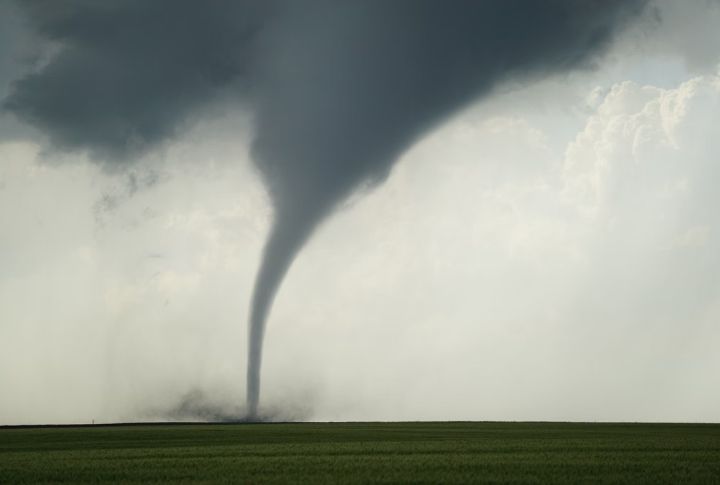
You didn’t wait for the TV when the sky turned green or the wind picked up. You listened to your uncle’s weather radio, watched the trees, and swapped updates with neighbors. Storms were serious business; reading the sky came naturally long before any app offered a forecast.
Hunting Season Had Its Schedule
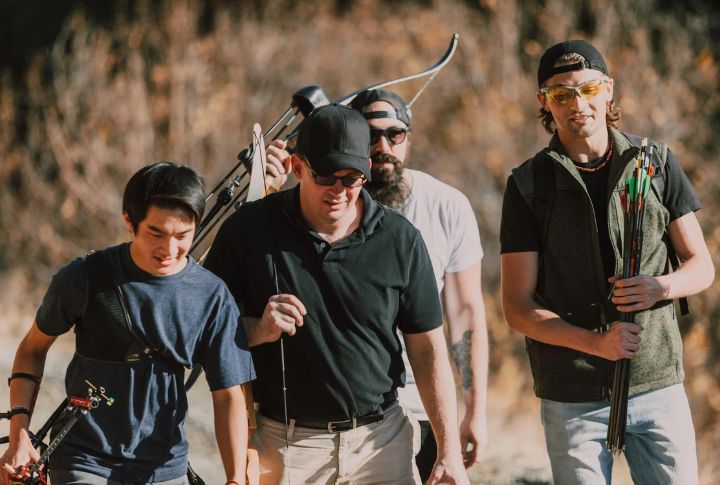
In some rural schools, attendance dropped during deer season. Planning time off around it wasn’t unusual for teachers and students alike. You recognized which neighbors had the best hunting spots and remembered the mornings when the woods stirred early with the sounds of the season.
You Learned To Drive Long Before You Had A License
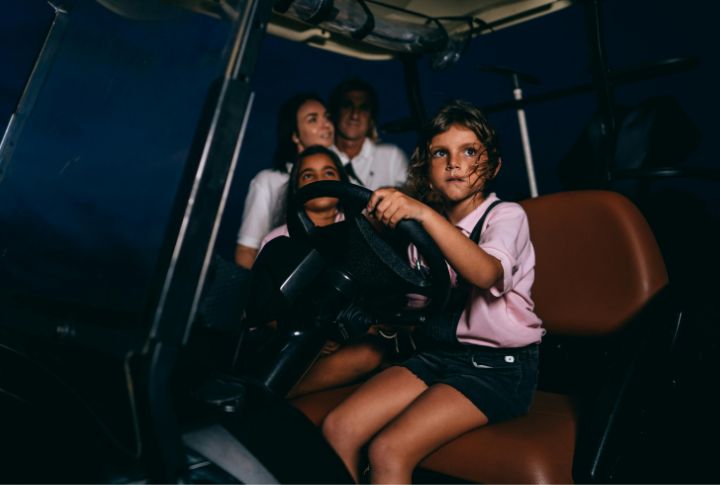
Back roads and open fields made perfect practice grounds. You might’ve taken the wheel while sitting on someone’s lap or steered an old truck during chores. Long before your first driving test, you already knew how to handle a stick shift and watch for wildlife at night.
Drive-Ins And Dollar Stores Were Local Gold
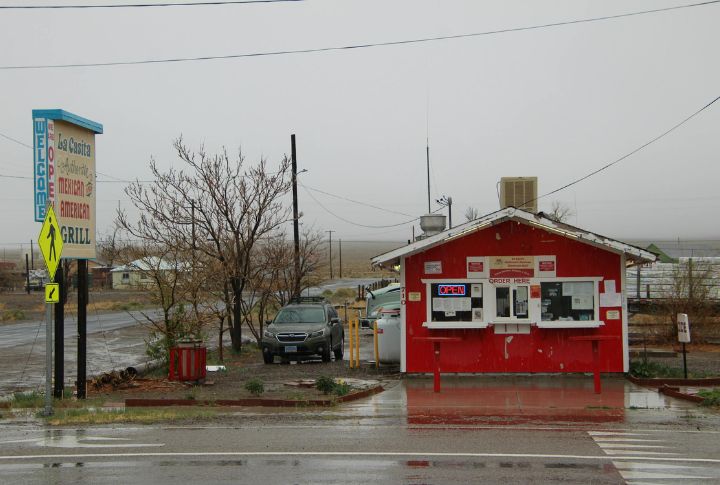
There may not have been a mall or multiplex nearby, but that didn’t mean you were bored. A single-screen drive-in, a family diner, or the local dollar store could fill a whole Saturday. It was about hanging out with people you knew by name.
Chores Came Before Everything Else
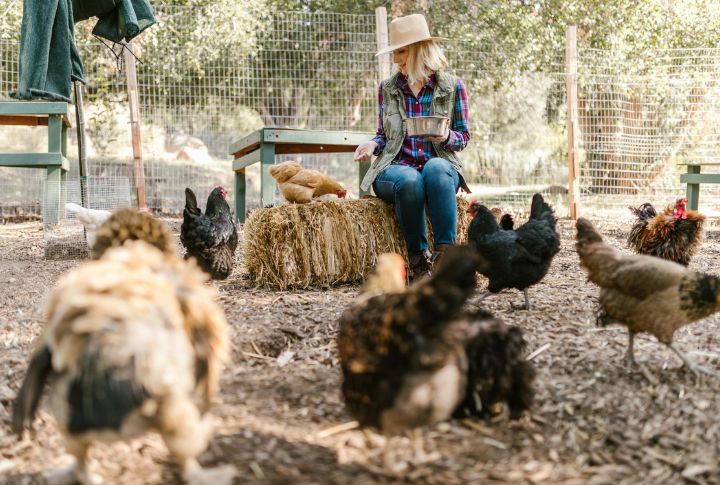
Before sleeping in or heading out to see a friend, work was always waiting. Feeding animals or hauling supplies came first. Over time, helping out without being asked felt normal, and those early mornings gradually turned into part of the rhythm.
You Recognized Every Truck In Town
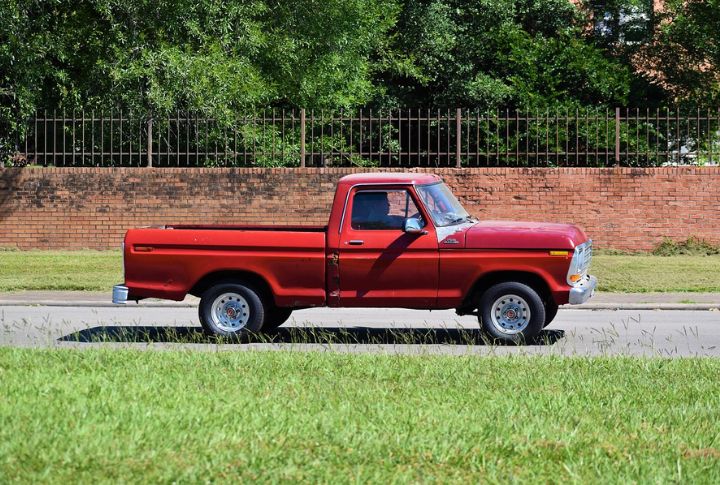
Cars weren’t anonymous in small communities. You could spot who was headed to the hardware store or whose cousin was borrowing your uncle’s truck from half a mile away. The mud stains and bumper stickers gave it away before you even saw the driver’s face.
Neighbors Were Like Family

Neighbors were part of your daily life. Whether it was borrowing tools, helping fix a fence, or watching out for each other’s kids, community support was real and constant. You learned early that everyone pitched in when times got tough or celebrations rolled around.
You Rode In The Back Of A Pickup

It wasn’t unusual to hop into the bed of a truck for a short trip across town—or across a pasture. Sitting on a bale of hay or leaning against the side panel felt completely normal. You trusted the driver, so you held on and waved at every passing car.
The County Fair Lineup Was Something To Get Excited About
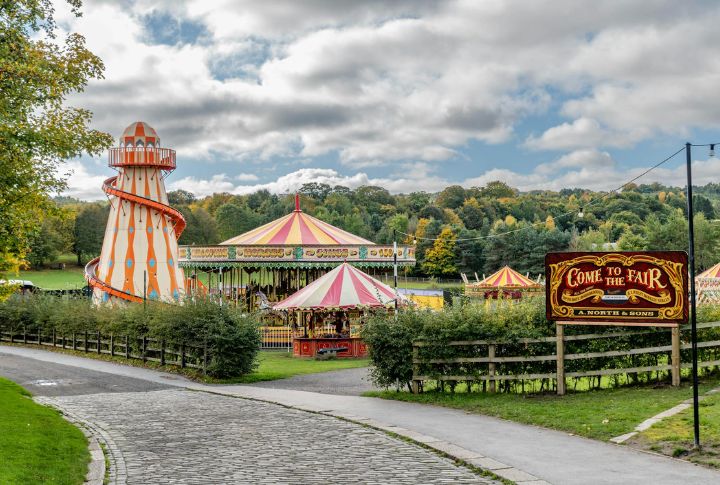
The fair wasn’t merely about rides—it was a full calendar event. You circled the date months in advance and counted down the days. Maybe you baked a pie for the contest one year or showed up just for the demolition derby, but whatever brought you there, the fair was something people looked forward to all year.
You Knew Who Owned Which Field
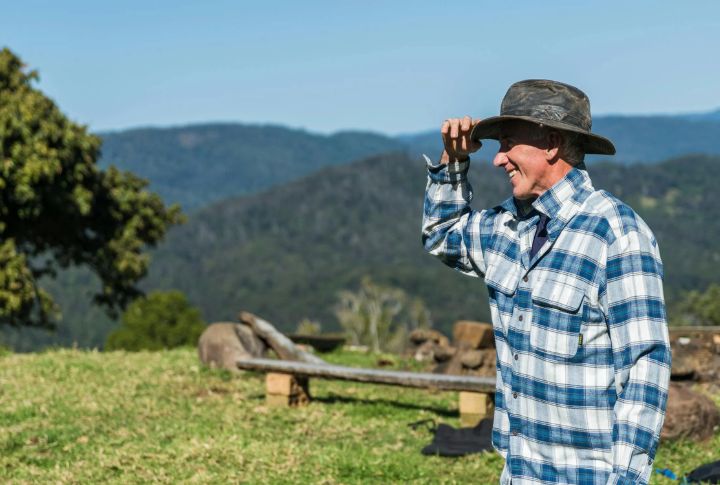
Even from the back seat, you could name which family owned each plot of land you passed. Your parents might’ve shared stories about when it was planted or who farmed it first. Though invisible on maps, those boundaries felt as familiar to city kids as street corners.

